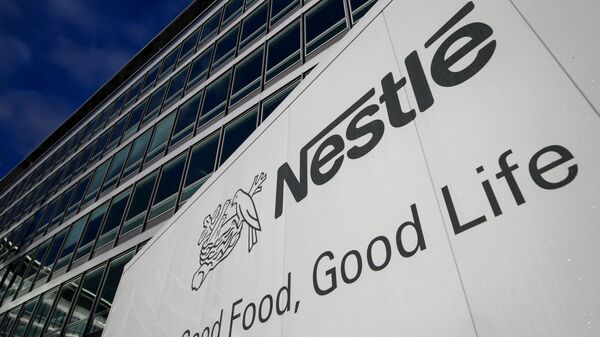The Federal Drug Administration defines spring water as water that "has been derived from an underground formation from which water flows naturally to the surface of the earth."
According to the lawsuit, instead of flowing up from tranquil springs as the company has advertised for decades, the water is apparently being pumped from Maine's "low-lying populated areas near potential sources of contamination," like landfills and petroleum dump sites.
The lawsuit filed on behalf of consumers states, "To illicitly capture that premium, defendant, since it began selling the Poland Spring brand in 1993, has bottled common groundwater and illegally mislabeled it as "100 percent Natural Spring Water."
Poland Spring still stands by its claim that it "collects from wells it drilled in saturated plains or valleys where the water table is within a few feet of the earth's surface."
An official statement released by Nestle Waters says:
"For more than 170 years, Poland Spring has delivered great tasting spring water from Maine to millions of people in the Northeast. The claims made in the lawsuit are without merit and an obvious attempt to manipulate the legal system for personal gain. Poland Spring® is 100 percent spring water."
The statement also adds, "It meets the US Food and Drug Administration regulations defining spring water, all state regulations governing spring classification for standards of identity, as well as all federal and state regulations governing spring water collection, good manufacturing practices, product quality and labeling. We remain highly confident in our legal position."
However, the lawsuit claims that none of Poland Spring Water's eight sites in Maine have springs. The company simply purifies groundwater before bottling it.
Last year, Nestle's bottled water business was the company's second most lucrative one after pet care products. In addition to Poland Spring and Ice Mountain, the company also owns about 48 other bottled water brands including Perrier, San Pellegrino and Buxton.


